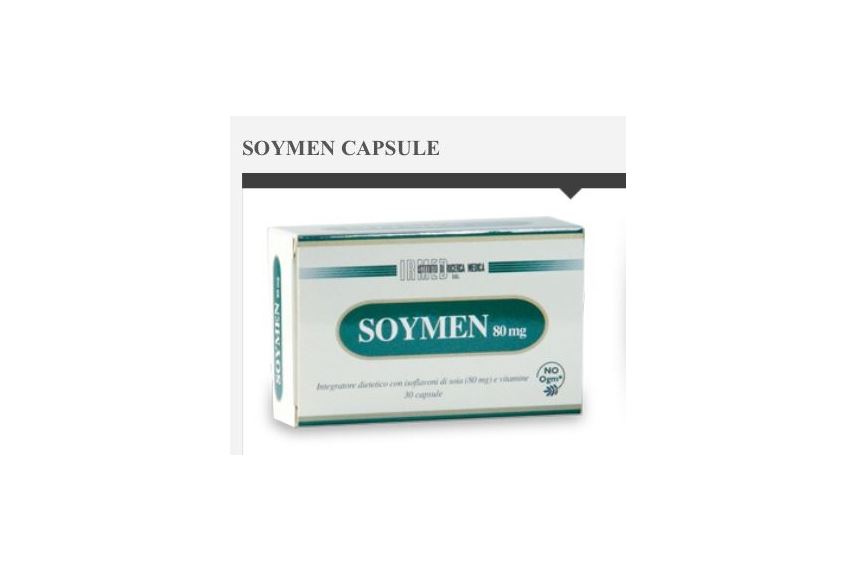
Glycitin
Soy Isoflavone Glycitin (4'-Hydroxy-6-Methoxyisoflavone-7-D-Glucoside) Promotes Human Dermal Fibroblast Cell Proliferation and Migration via TGF-? Signaling(4'-idrossi-6-Methoxyisoflavone-7-D-glucoside
Glycitin is a soy isoflavone that exhibits antioxidant, antiallergic, and anti-osteoporosis activities. We investigated the effects of glycitin on dermal fibroblast proliferation and migration. Treatment of primary dermal fibroblasts with glycitin increased cell proliferation and migration.
In addition, treatment with 20 μM glycitin for 24 h induced the synthesis of collagen type I and type III at both the mRNA and protein levels. Fibronectin was also increased by 20% after treatment. Matrix metalloproteinase-1 collagenase was decreased in the media after 24-h incubation with glycitin, and the synthesis of transforming growth factor-beta (TGF-β) mRNA increased approximately twofold in cells following glycitin treatment. Phosphorylation of Smad2 and Smad3 increased after 1 h of glycitin treatment, and phosphorylation continued for 24 h.
Furthermore, the phosphorylated form of AKT was increased in glycitin-treated cells after 3 h and remained higher for 24 h. Thus, glycitin treatment produces anti-aging effects including increased total collagen in the culture media, decreased elastase, and decreased β-galactosidase.
Together, these results indicate that glycitin stimulates TGF-β secretion, and the subsequent autocrine actions of TGF-β induce proliferation of fibroblasts, ultimately protecting skin cells from aging and wrinkling. Copyright © 2015 John Wiley & Sons, Ltd.
